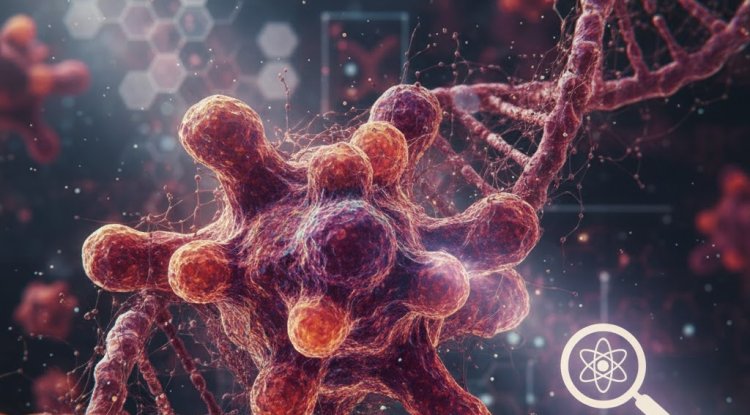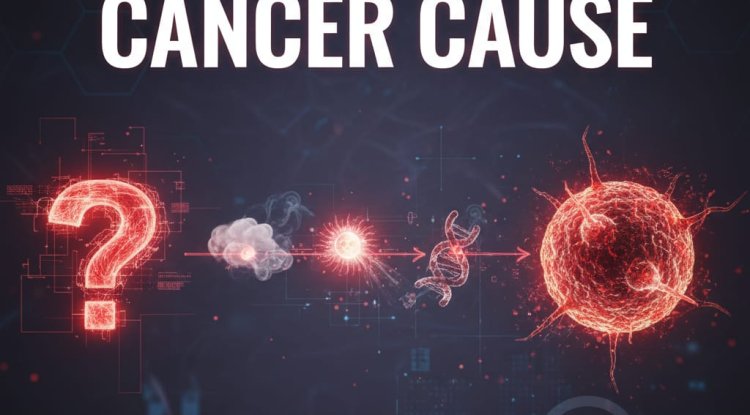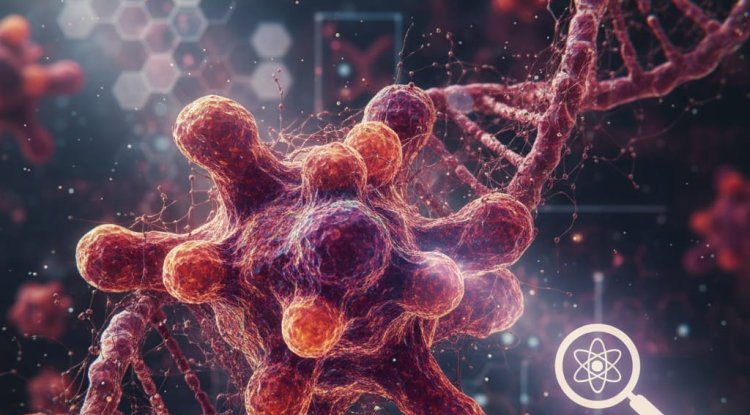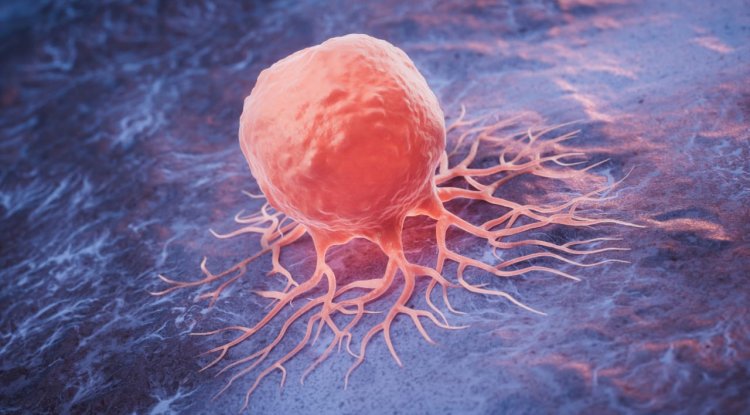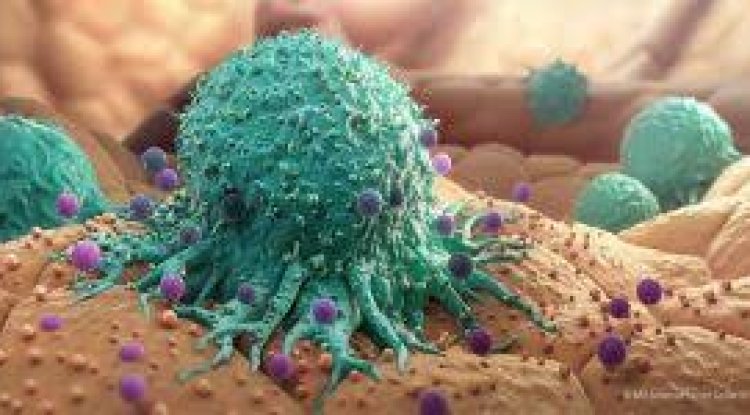depression medication
Depression medication is often used to help correct chemical imbalances in the brain that affect mood. They are usually prescribed by a psychiatrist or doctor and work best when combined with therapy and lifestyle changes.
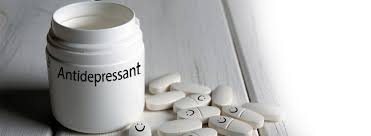
???? Common Types of Antidepressants
-
SSRIs (Selective Serotonin Reuptake Inhibitors)
-
Most commonly prescribed
-
Increase serotonin levels in the brain
-
Examples: Fluoxetine (Prozac), Sertraline (Zoloft), Escitalopram (Lexapro)
-
Usually well-tolerated; side effects may include nausea, headache, or sleep changes
-
-
SNRIs (Serotonin-Norepinephrine Reuptake Inhibitors)
-
Affect serotonin and norepinephrine
-
Examples: Venlafaxine (Effexor), Duloxetine (Cymbalta)
-
May help with pain symptoms along with depression
-
-
Tricyclic Antidepressants (TCAs)
-
Older class, less commonly used now
-
Examples: Amitriptyline, Nortriptyline
-
Can have more side effects (dry mouth, dizziness, weight gain)
-
-
MAOIs (Monoamine Oxidase Inhibitors)
-
Used when other medications don’t work
-
Examples: Phenelzine, Tranylcypromine
-
Require dietary restrictions to avoid dangerous interactions
-
-
Atypical Antidepressants
-
Work differently from standard antidepressants
-
Examples: Bupropion (Wellbutrin), Mirtazapine (Remeron)
-
Can help with energy, motivation, or sleep
-
⚠️ Important Points
-
Antidepressants usually take 2–6 weeks to show full effect
-
Do not stop suddenly; always taper under doctor supervision
-
Side effects vary; most improve after the first few weeks
-
May need adjustments to find the right medication or dose
???? When to Use Medication
-
Moderate to severe depression
-
Depression that doesn’t improve with therapy or lifestyle changes alone
-
Persistent symptoms affecting daily life, work, or relationships
What's Your Reaction?
















